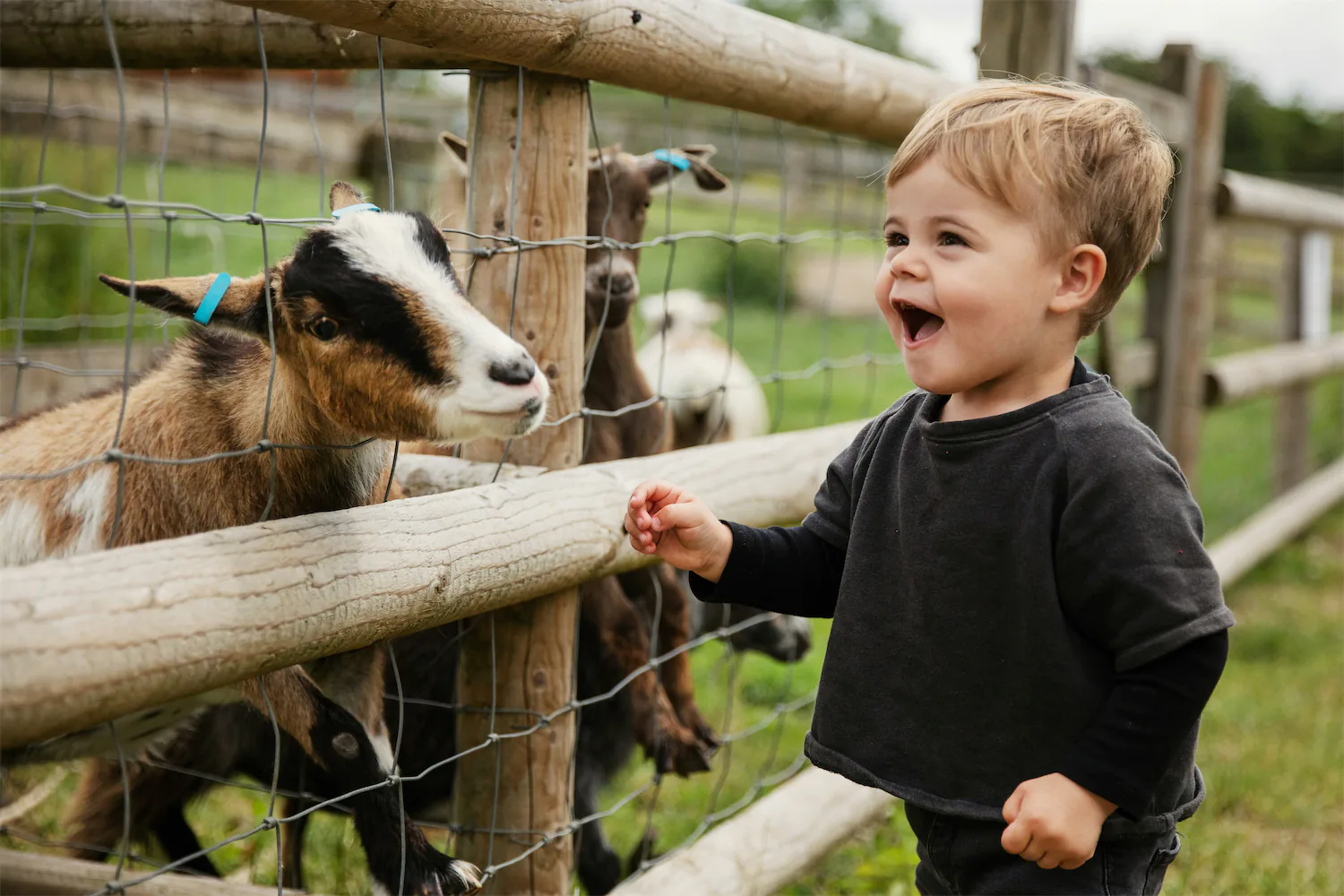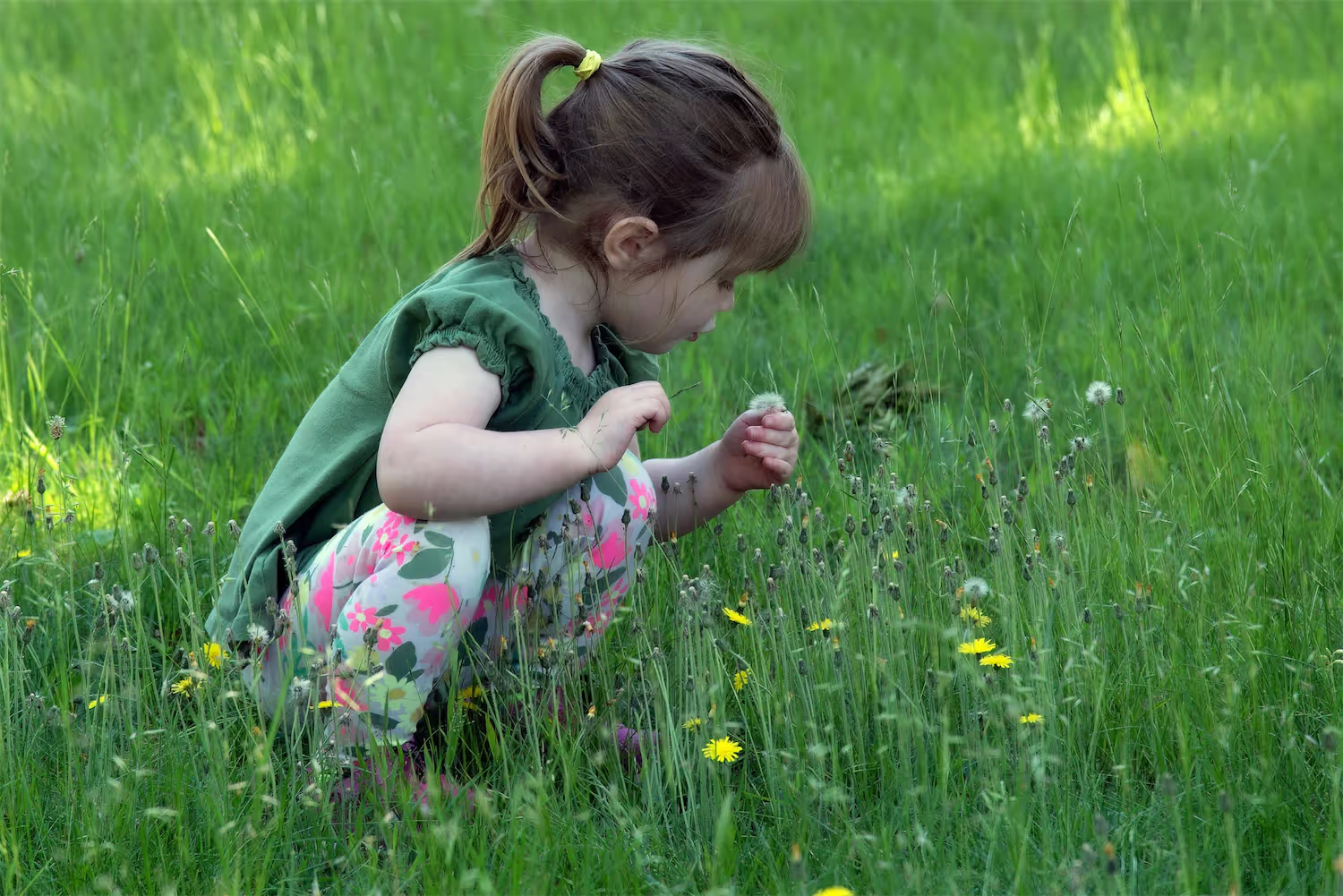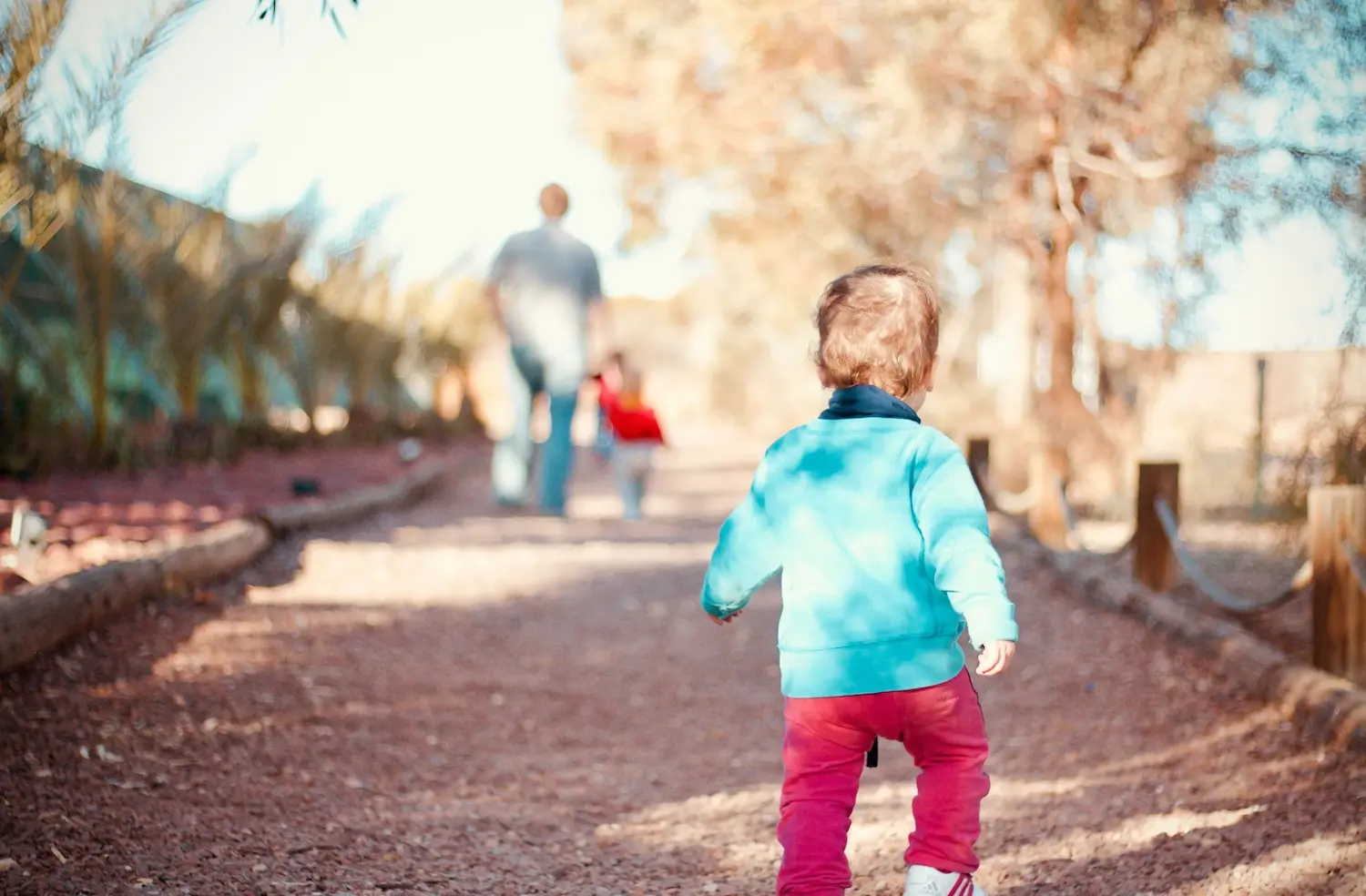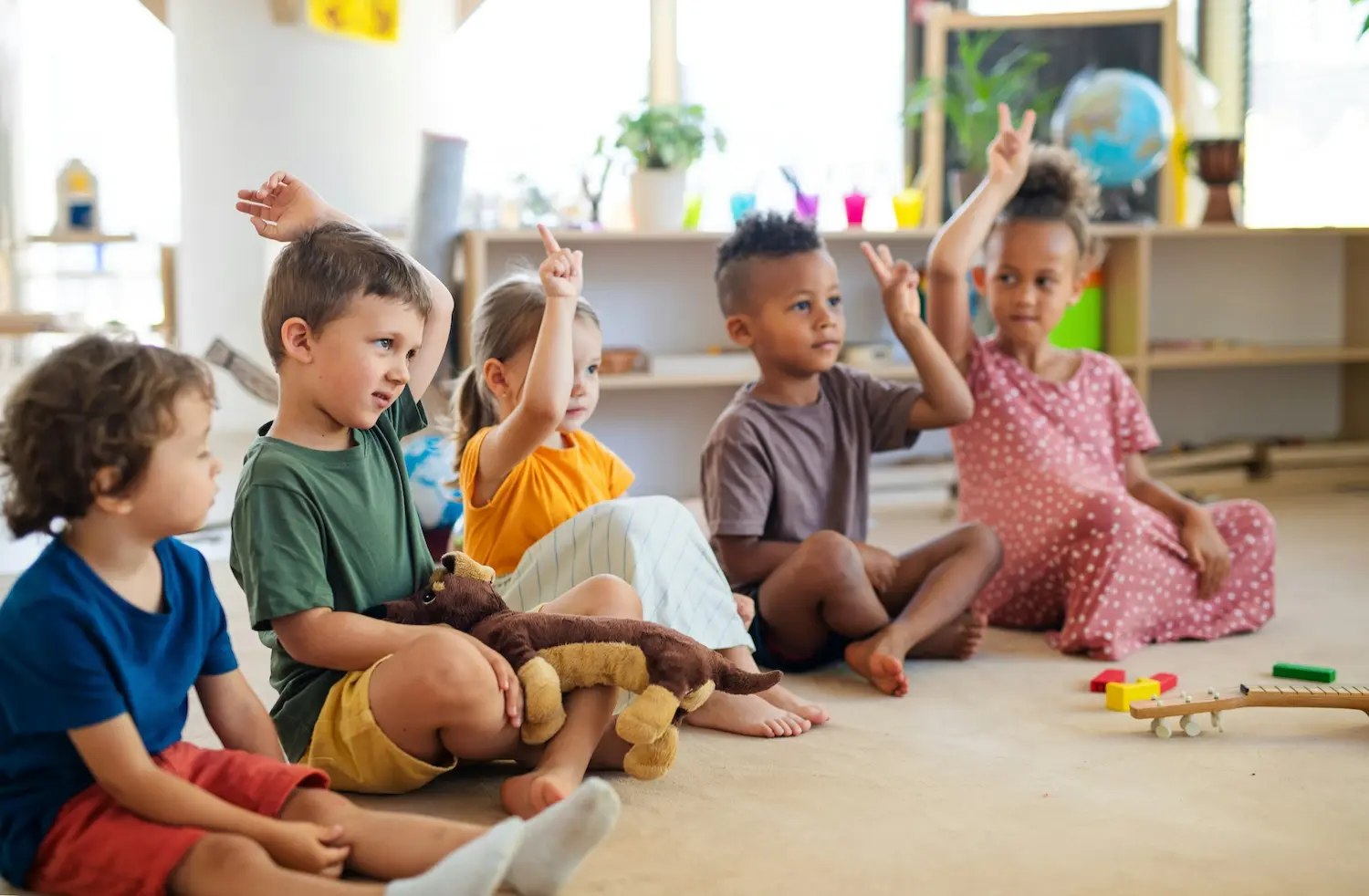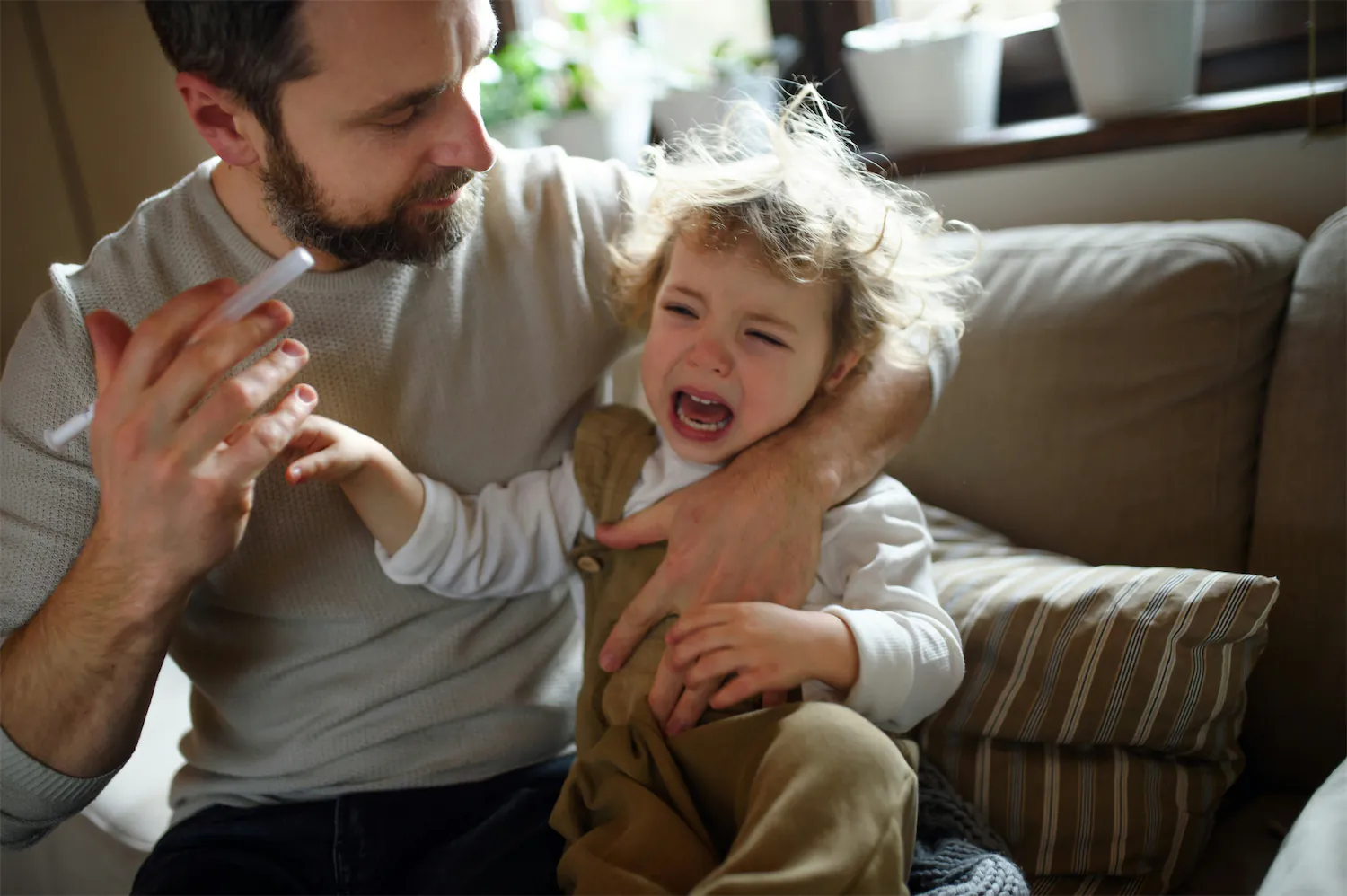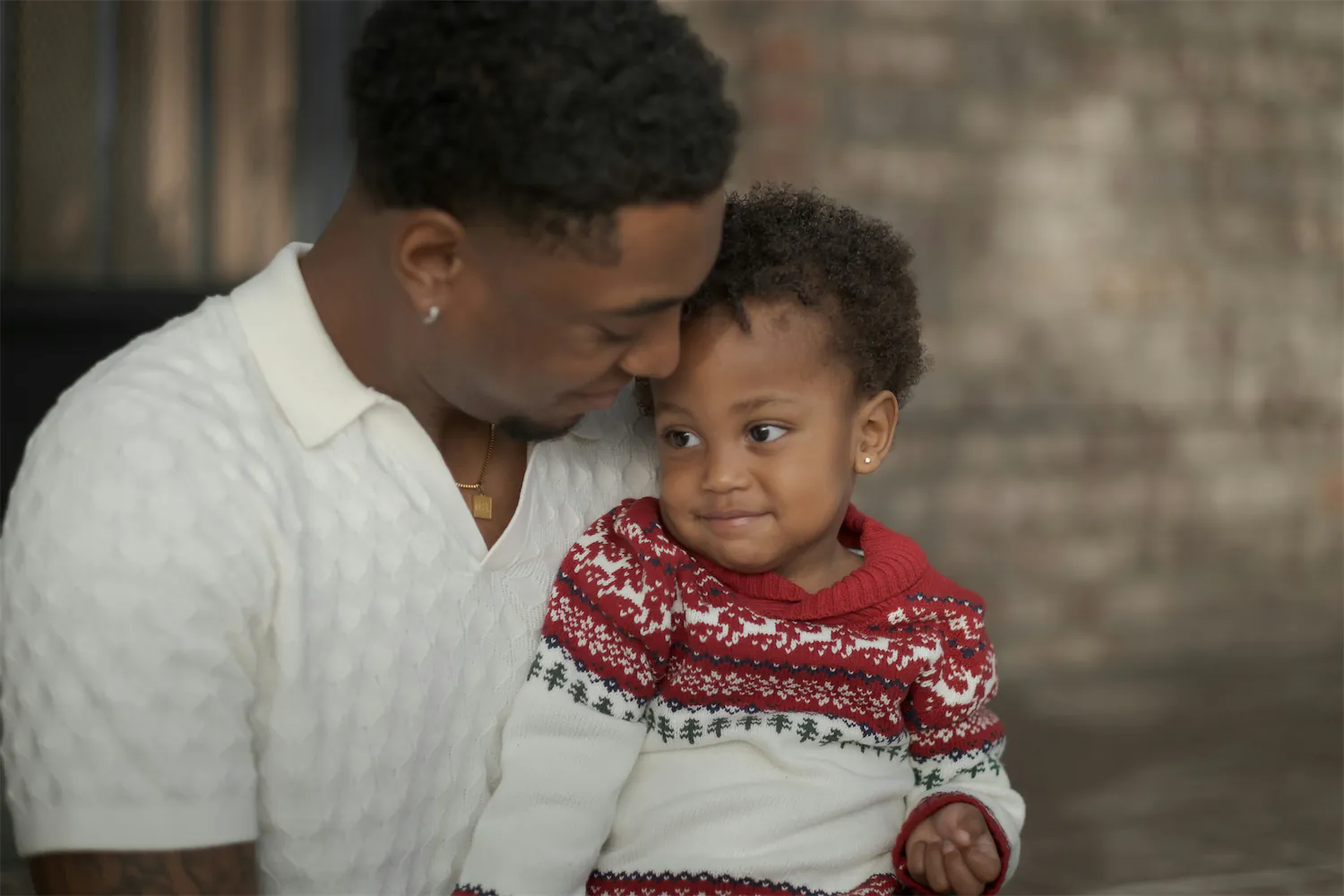Gross motor skill development in early childhood
Gross motor skill development in early childhood
Understanding gross motor developmental milestones in preschool-age children
Understanding gross motor developmental milestones in preschool-age children

Dahlia Rimmon, RDN
Content Writer

Dr. Marcy Borieux
Pediatrician
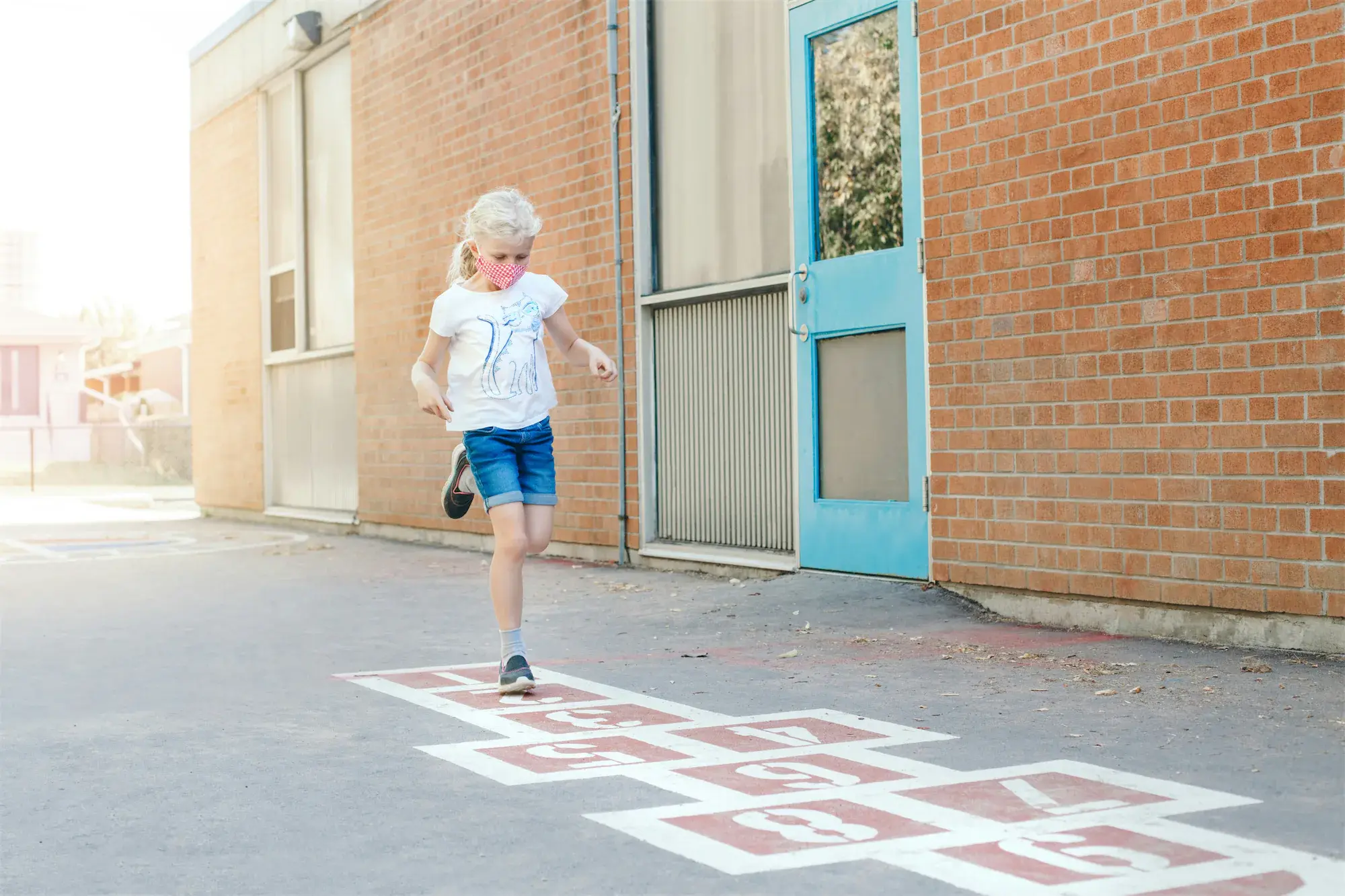


What are gross motor skills?
Gross motor skills involve controlling the large muscles of the body, such as the arms, legs, and torso, to walk , run, jump, and crawl. Gross motor skills are essential for daily activities, physical activity, and complex movements.
Gross motor skills play a key role in:
Balance and stability during movement
Coordination
Body and spatial awareness
Confidence and self-assurance through physical activity
Independence
Common gross motor skills in preschoolers
In a hurry
Jumping
Jumping
Galloping
Throw and catch objects such as a ball
Kicking
Balance (standing on one foot, hopping on one foot)
Ride a tricycle, bicycle or scooter
Swimming
Climbing on structured playgrounds
Climb stairs
Organized sports
Difference between gross motor skills and fine motor skills
Gross motor skills use large muscle groups to perform activities, while fine motor skills involve smaller muscle groups, such as the hands and fingers, to perform precise movements. Fine motor skills involve practicing hand-eye coordination and dexterity in writing, drawing, fastening clothes, and using utensils.
Factors that contribute to gross motor problems
Developmental disorders
Neurological disorders
Muscle diseases
Environmental influences
When to consult your pediatrician
Consult your pediatrician if you notice significant delays or difficulties in reaching age-appropriate motor milestones, such as running, jumping, hopping, throwing, grasping objects, and maintaining balance, or if you notice coordination problems that interfere with your child's daily activities.
What are gross motor skills?
Gross motor skills involve controlling the large muscles of the body, such as the arms, legs, and torso, to walk , run, jump, and crawl. Gross motor skills are essential for daily activities, physical activity, and complex movements.
Gross motor skills play a key role in:
Balance and stability during movement
Coordination
Body and spatial awareness
Confidence and self-assurance through physical activity
Independence
Common gross motor skills in preschoolers
In a hurry
Jumping
Jumping
Galloping
Throw and catch objects such as a ball
Kicking
Balance (standing on one foot, hopping on one foot)
Ride a tricycle, bicycle or scooter
Swimming
Climbing on structured playgrounds
Climb stairs
Organized sports
Difference between gross motor skills and fine motor skills
Gross motor skills use large muscle groups to perform activities, while fine motor skills involve smaller muscle groups, such as the hands and fingers, to perform precise movements. Fine motor skills involve practicing hand-eye coordination and dexterity in writing, drawing, fastening clothes, and using utensils.
Factors that contribute to gross motor problems
Developmental disorders
Neurological disorders
Muscle diseases
Environmental influences
When to consult your pediatrician
Consult your pediatrician if you notice significant delays or difficulties in reaching age-appropriate motor milestones, such as running, jumping, hopping, throwing, grasping objects, and maintaining balance, or if you notice coordination problems that interfere with your child's daily activities.
Summer Health offers fast and reliable pediatric urgent care through online doctors, all via text. Whether you’re worried about your baby's fever, rashes, or other children's health concerns, we provide expert advice and support anytime, right from your phone.

Explore Summer Health
Our team of pediatricians are ready to answer the everyday questions you have about your child’s health.
*Requires Summer Health account, starting at $20/mo
